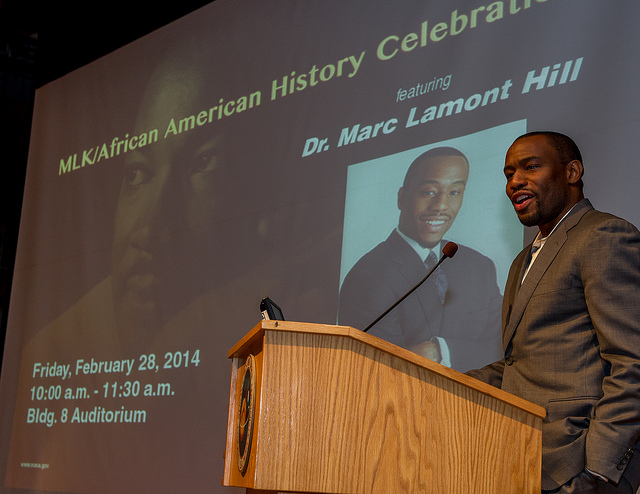Last week, Marc Lamont Hill, academic, activist and media personality, addressed the United Nations at its commemoration of the International Day of Solidarity with the Palestinian People. Hill’s speech was a bold call because it countered U.S.-led orthodoxy clinging to a two-state solution despite a one-state reality in which Palestinians are neither sovereigns of their own state nor citizens of Israel. Hill’s closing words, imploring international actors to support Palestinian freedom “from the river to the sea,” effectively demanded the dismantlement of an apartheid regime and the establishment of a bi-national state. In that sense, his views are commensurate with leading voices critical of the status quo in the Israeli-Palestinian conflict. Yet apologists for Israeli policies quickly mobilized a vicious smear and harassment campaign. CNN responded by firing Hill, and the chairman of Temple University’s board of trustees said he was searching for ways to essentially punish Hill, a media studies professor there.
Understanding the significance of Hill’s address and the motivations of his detractors requires us to move beyond the immediate question of Palestine and issues of academic freedom and free speech. His speech forms an important part of a renewed manifestation of Black-Palestinian solidarity, itself a component of a longer legacy of black internationalism and Third Worldism. In this sense, his speech echoed a discourse and vibrancy once emblematic of diplomatic revolutionary efforts at the United Nations that had receded in the folds of a collapsed internationalism.
…
